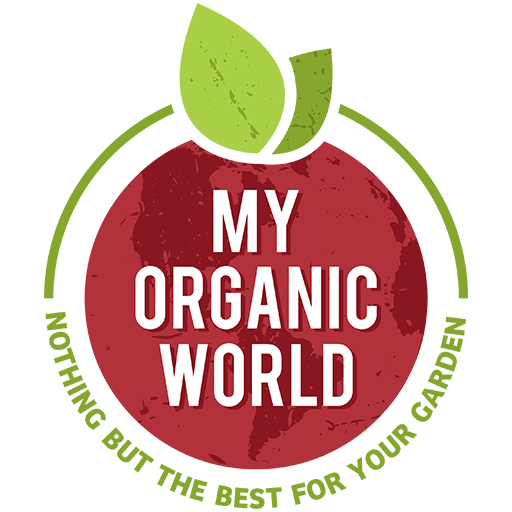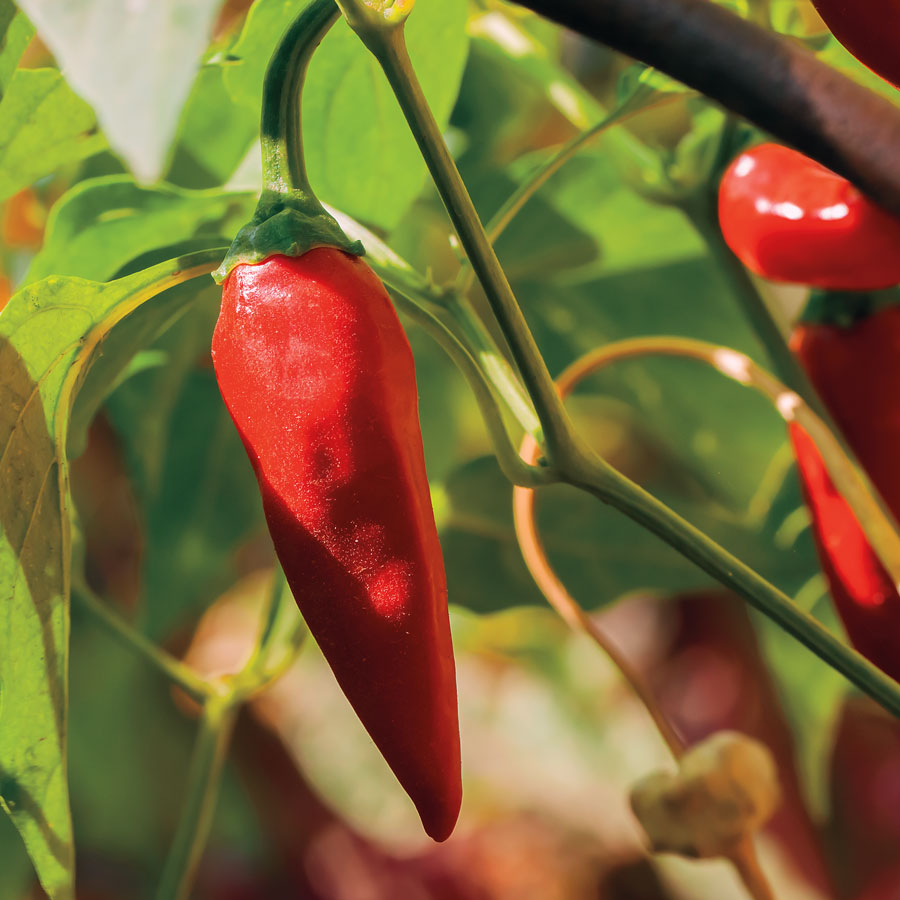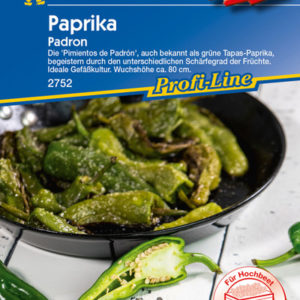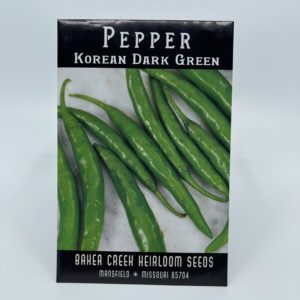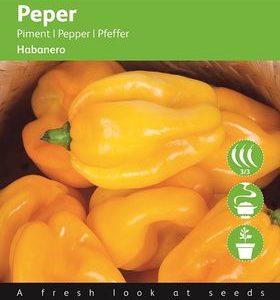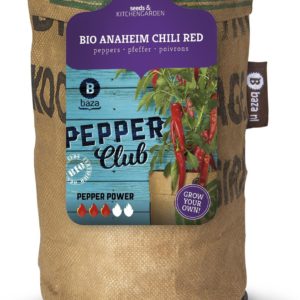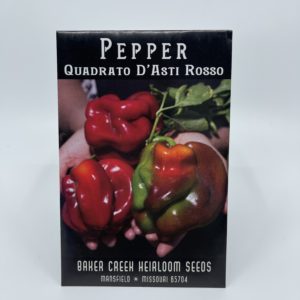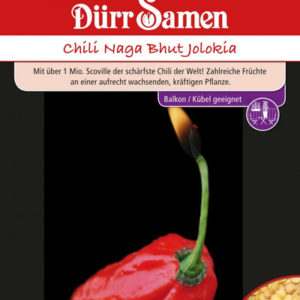TABASCO PEPPER
1,750 د.ك
Tabasco Pepper Seeds
Makes the Famous Super-hot Sauce!
Perennial in warm climates!
- Genus: Capsicum
- Species: frutescens
- Variety: Tabasco
- Item Form: (P) Pkt of 25 seeds
- Days to Maturity: 85
- Fruit Color: Green
- Habit: Vining
- Seeds Per Pack: 25
- Plant Height: 3 ft – 4 ft
- Plant Width: 24 in – 3 ft
- Additional Characteristics: Award Winner, Easy Care Plants, Edible, Fragrance, Heirloom, Pest Fighter, Season Extenders, Trellises
- Foliage Color: Medium Green
- Harvest Season: Early Fall, Early Summer, Late Summer, Mid Summer
- Light Requirements: Full Sun
- Moisture Requirements: Moist, well-drained, Dry
- Resistance: Cold Hardy, Deer Resistance, Disease Resistant, Drought Tolerant, Heat Tolerant, Humidity Tolerant, Pest Resistant
- Soil Tolerance: Poor, Sandy, Clay, Normal, loamy
- Uses: Beds, Border, Cuisine, Outdoor
85 days from transplanting.
Grow a little bit of Americana with Tabasco, the native Louisiana hot pepper that sets big crops of small but deadly-hot fruit! Perennial in warm areas (it fruits for several years, the only pepper we’ve grown that does so reliably!), it grows readily and offers native resistance to most diseases and pests.
Tabasco is an open-pollinated heirloom with 1- to 1½-inch-long fruit that turns from green to bright red at maturity. Growing in a bushy, well-branched form, it reaches 4 feet high and sets hundreds of fruit over a long summer season. Boasting native vigor, it is left alone by pests and diseases, and does a good job keeping nibbling bugs away from the vegetable garden with its spicy scent and flavor.
These peppers really pack a wallop. They average 30,000 to 50,000 Scovilles of heat, and should be picked with gloves to avoid getting in the eye. (They will turn from green to ivory, yellow, and orange before reaching full maturity as deep red.) You may be familiar with tabasco as a vinegar-based sauce, but these peppers are also terrific for fresh eating and canning.
Best of all, the Tabasco plant is perennial in frost-free climates. Not only will it return for a second and possibly even a third season, it will flower and fruit heavily! Such generosity! No wonder southerners have been growing it since before the Civil War.
Start seeds indoors about 7 to 10 weeks before the last anticipated spring frost date. Do not transplant until the spring soil has warmed and the seedlings have at least 2 sets of true leaves. Fertilize when the blooms appear, and water well. Fruit turns from green to red as it matures.
غير متوفر في المخزون
